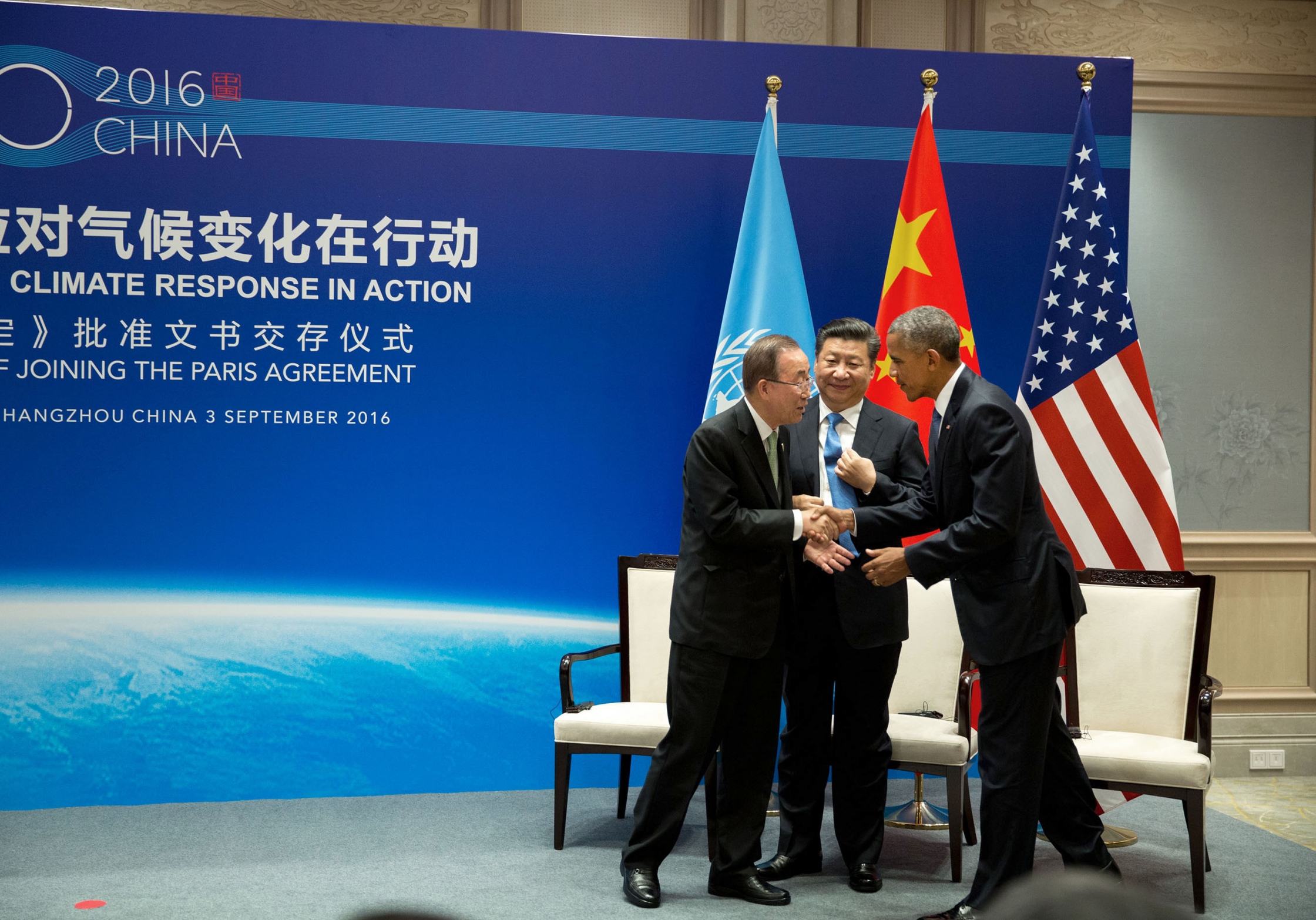Mikaila Smith, J.D. Candidate at the University of Chicago Law School
Apr 30, 2019
For billions of people, not just in China, but all over the world, toxic air pollution is a daily fact of life. To change this, we must address consumerist lifestyles, short-term values and profit-driven frameworks that have spurred climate change and created deadly environmental problems such as air pollution.

Lily Hartzell, Freelance Journalist based in Beijing
Mar 01, 2019
While Washington battles over the Green New Deal, China has been on the cutting edge of green finance and is even providing a model for the European Union. Even so, crucial questions remain.

Rob Efird, Professor of Anthropology and Asian Studies, Seattle University
Jan 29, 2019
All over the developed world, children are spending more time sedentary and in front of screens. Nature education is rising in popularity in China and the United States as a way to combat the detrimental effects of “nature-deficit disorder,” and instead offer children a healthy, satisfying and mutually sustaining relationship with the natural world.

Danielle Neighbour, Schwarzman Fellow
Jan 09, 2019
China produces approximately 30 million tonnes of organic sludge annually - only approximately one-fifth of which is properly treated. A deadly combination of pollution and scarcity now threatens the future of China’s cities. New wastewater technologies being explored and piloted in both the United States and China can serve as a much-needed point of collaboration and exchange between the two nations.

Daniele Brombal, Researcher, Ca’ Foscari University Venice
Angela Moriggi, Researcher at the Natural Resources Institute Finland – Luke
Nov 28, 2018
How is the tension between conservation and urbanization playing out in China?

Fernando Ascensão, Post-doctoral researcher, Oporto University
Oct 18, 2018
Discussion of the Belt and Road Initiative usually encompasses the likelihood of it changing global trade patterns, while less attention has been paid to the environmental impact of such a massive infrastructure development plan. However, the BRI provides a unique opportunity to raise the standards of environmental protection around the world.

Chris Nielsen, Executive Director of the Harvard-China Project on Energy, Economy and Environment
Mun Ho, Economist at the Harvard-China Project on Energy, Economy and Environment
Oct 12, 2018
China has made impressive strides in addressing air pollution issues, but continued progress may hinge on market-based institutional reforms of the electricity sector.

Rachael Shwom, Associate Director of Rutgers Energy Institute, Rutgers University
Sep 18, 2018
The challenges China faces in combating climate change are similar to those the U.S. faced.

Guo Chen, Fellow, Woodrow Wilson International Center
Jun 22, 2018
China’s decision to ban waste imports has exposed the deep structural flaws and interdependencies that support the global waste-management system. Western countries who have long depended on China as a destination for their garbage are straining to accommodate their own waste, while China struggles to find the labor to effectively sort and process waste amidst a “low-end population” crisis.

Yao Yang, Professor, China Center for Economic Research
Mar 05, 2018
To the extent that it raises living standards, the “China Model” fulfills some requirements of political legitimacy. But, once those living standards reach a certain level, the Chinese people will almost certainly demand more personal freedom and political accountability.
Back to Top

- China-US Focus builds trust and understanding between the U.S. and China through open dialogue among thought leaders.
- Our Offerings
- Topics
- Videos
- Podcasts
- Columnists
- Research Reports
- Focus Digest
- Stay Connected
-
Thanks for signing up!
- Get the latest stories from China-US Focus weekly.